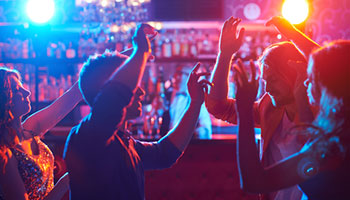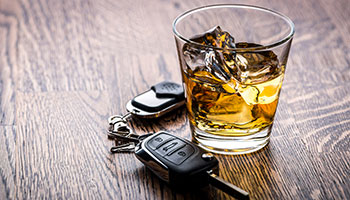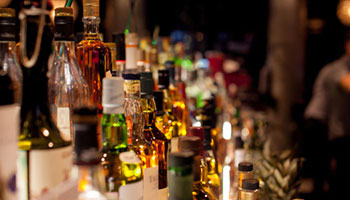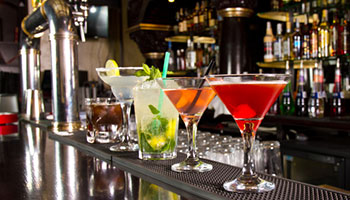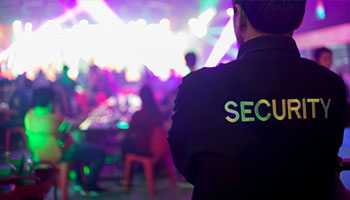Liquor Liability Expert Witness Testimony
Liquor liability is a complex area of law involving the responsibility for serving alcohol to individuals causing harm or damage. The main issue in liquor liability cases is determining who is ultimately responsible for the actions of an intoxicated individual. In most states, some laws hold the establishment and the individual accountable for their role in the incident.
A challenging aspect of liquor liability is proving the alcohol vendor served the individual who caused the harm. Proving intoxication can be difficult because establishments may deny that the individual appeared visibly intoxicated. The burden of proof falls on the plaintiff to show
- The alcohol vendor knew the customer was intoxicated
- The alcohol vendor should have known the customer was intoxicated
- The alcohol vendor violated state-specific dram shop laws
- The alcohol vendor did not provide alcohol service training
- The customer was visibly intoxicated.
- The customer was displaying signs of visible intoxication
- The customer was a habitual drunkard addicted to alcohol
Another important factor in liquor liability cases is the concept of ‘dram shop laws. Dram Shop Laws vary by state. Generally hold establishments liable for the actions of an intoxicated individual. Laws hold alcohol vendors responsible for overserving patrons and serving alcohol to underage adults
Due to the complexity and high stakes in liquor liability cases, plaintiffs and defendants must seek experienced legal representation. Attorneys specializing in liquor liability must have a deep understanding of state-specific laws. Quite often, liquor liability attorneys rely upon Dram Shop Expert to assist with litigation.
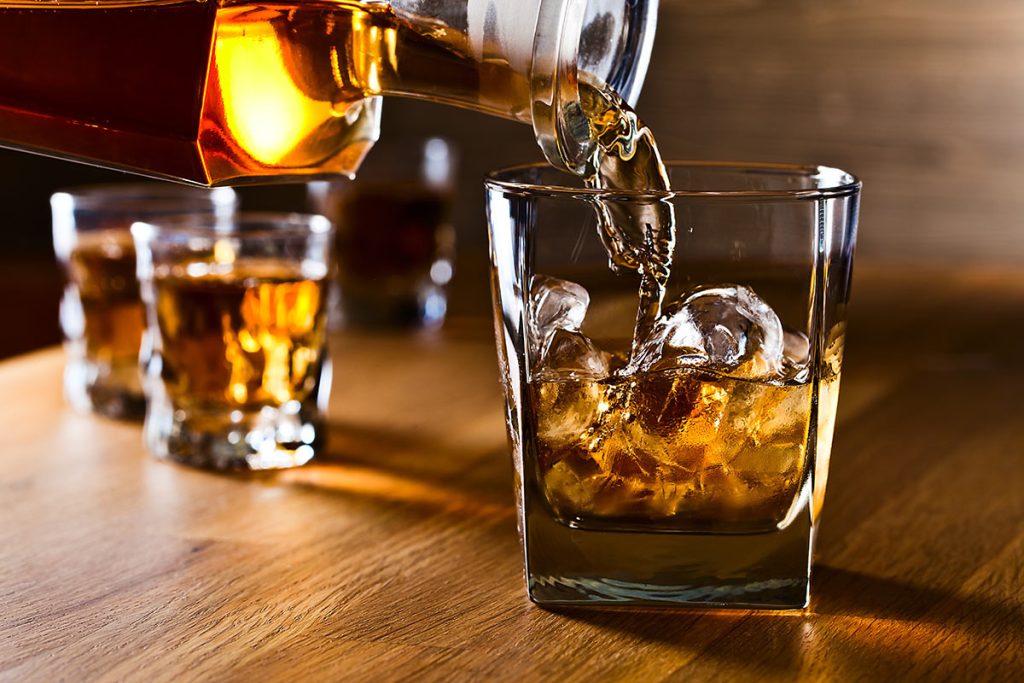
What Is Liquor Liability
Liquor liability refers to the responsibility and potential legal consequences of the sale, service, or consumption of alcoholic beverages. It holds individuals or businesses accountable for any harm or damages caused by individuals who have consumed alcohol. This liability can extend to various parties, including the seller, server, and host of the alcohol. Liquor liability laws aim to prevent and reduce the risks associated with intoxication. Liquor liability laws target establishments that sell and serve alcohol, such as bars, restaurants, and liquor stores. These establishments must monitor alcohol consumption and ensure responsible drinking practices. This includes refusing service to minors or visibly intoxicated individuals.
Party hosts who serve alcohol can be held liable for damages caused by intoxicated guests. This is known as social host liability. Liquor liability laws vary by state, but the general principle remains the same: Those who profit from alcohol sales are responsible for ensuring responsible consumption. It is important to be aware of these laws and take precautions to avoid potential liquor liability issues.
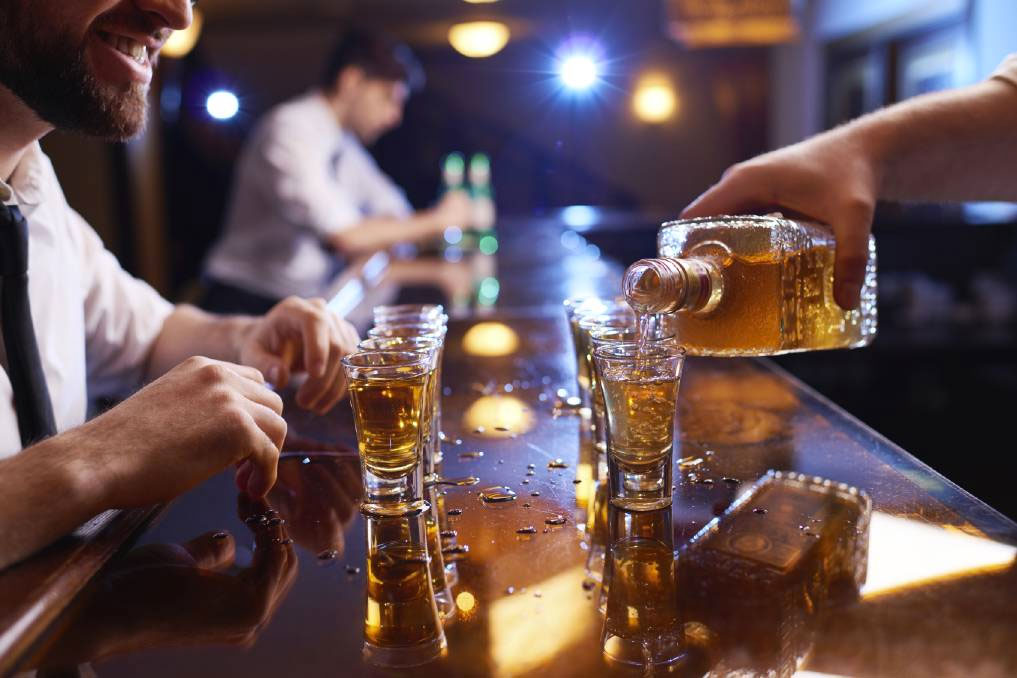
What Causes Liquor Liability Litigation
Liquor liability litigation is legal action related to the sale of alcohol to individuals who harm themselves or others. This litigation is quite common because intoxication plagues the hospitality industry. One of the main causes of liquor liability litigation is the overserving of alcohol. Bartenders engage in over-serving when they provide alcohol to a visibly intoxicated customer. A person serving the alcohol is legally responsible for cutting the customer off. Failure to do so can result in serious injuries or even fatalities, leading to potential lawsuits.
Serving Alcohol To Minors
Bartenders and servers face potential legal trouble for serving alcohol to minors. Many states have laws prohibiting the sale or service of alcohol to anyone under 21. Alcohol vendors breaking these laws may face litigation. This can result in financial penalties for the business and even criminal charges for the employees who served the alcohol.
Premise Liability
Liquor liability lawsuits don’t always stem directly from overserving alcohol. Establishments that sell or serve alcohol have a broader responsibility to maintain a safe environment for their customers, which falls under the umbrella of premises liability.
Bars and similar businesses must take reasonable measures to ensure patron safety. This means employing adequate security personnel to prevent and quickly address fights or disturbances that could lead to injuries. If a bar fails in this duty, and a fight results in someone getting hurt, the bar could be sued for damages. The victim could argue that a lack of security contributed to the dangerous situation.
Premises liability also extends to the physical condition of the establishment. Owners and staff must address potential hazards. Wet floors must be cleaned or marked with clear warning signs. Broken furniture needs to be repaired or removed. Customers who suffer injuries due to these kinds of unsafe conditions have grounds to sue the alcohol vendor. In these cases, the focus would shift from the effects of alcohol to the business’s negligence in creating or allowing a dangerous environment to exist.
Alcohol vendors need to understand the full range of their responsibilities. Steps like training staff in responsible alcohol service are crucial. However, businesses should also consult with legal professionals and insurance experts to ensure they have policies and safeguards to minimize risks related to premises liability.
Drunk Driving
Drunk driving poses a serious threat to public safety, and establishments that serve alcohol have a critical role to play in preventing it. When a bar, restaurant, or liquor store over-serves a customer, they contribute directly to the risk of that person getting behind the wheel while intoxicated.
Dram shop laws hold alcohol vendors accountable for the actions of patrons they serve past the point of visible intoxication. These laws place a burden of responsibility on those who profit from alcohol. Alcohol sellers must be able to recognize signs of intoxication and refuse further service. If they fail to do so, and that customer causes a drunk driving accident, the victim or their family may sue the establishment.
While dram shop laws vary between states, the underlying concept emphasizes responsible business practices. Establishments should train staff to identify signs of intoxication and have clear policies for refusing service. Refusing to serve a visibly drunk patron isn’t just about avoiding legal trouble; it’s about preventing potential tragedies on the road. Alcohol vendors must play their part in combating the dangers of drunk driving.
We Specialize In Liquor Liability Expert Witness Testimony
The Dram Shop Experts have a comprehensive insight into bar operations and security. We know how to spot potential problems and develop best practices for avoiding them. This insight is our foundation for your success. We are the most qualified Dram Shop Experts in the legal industry. No experts in the nation have more alcohol service or security experience than our team.
Contact The Dram Shop Experts
Contact our team today and retain The Dram Shop Experts. We will provide powerful insight into responsible alcohol service, industry-standard bar operations, and intoxication identification. We will fight, by your side, to prosecute or defend your dram shop claim. Call Preston Rideout (662) 466-6045 for information about our Dram Shop Expert Witness Testimony services.














